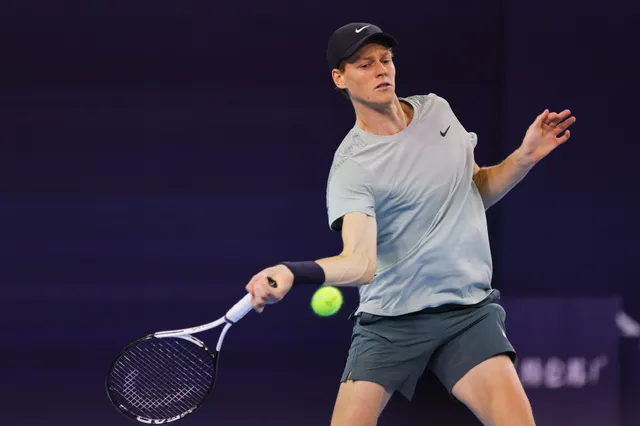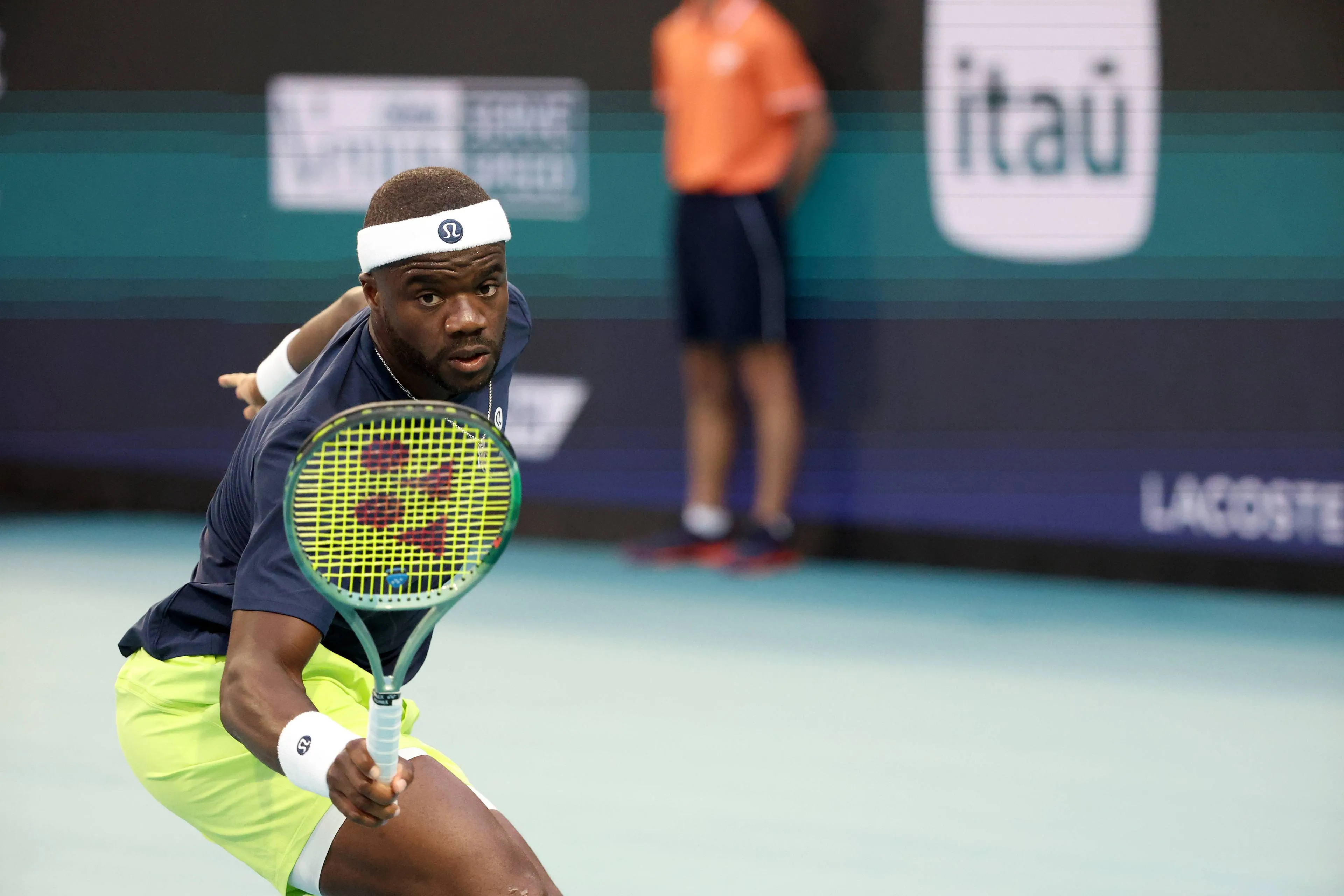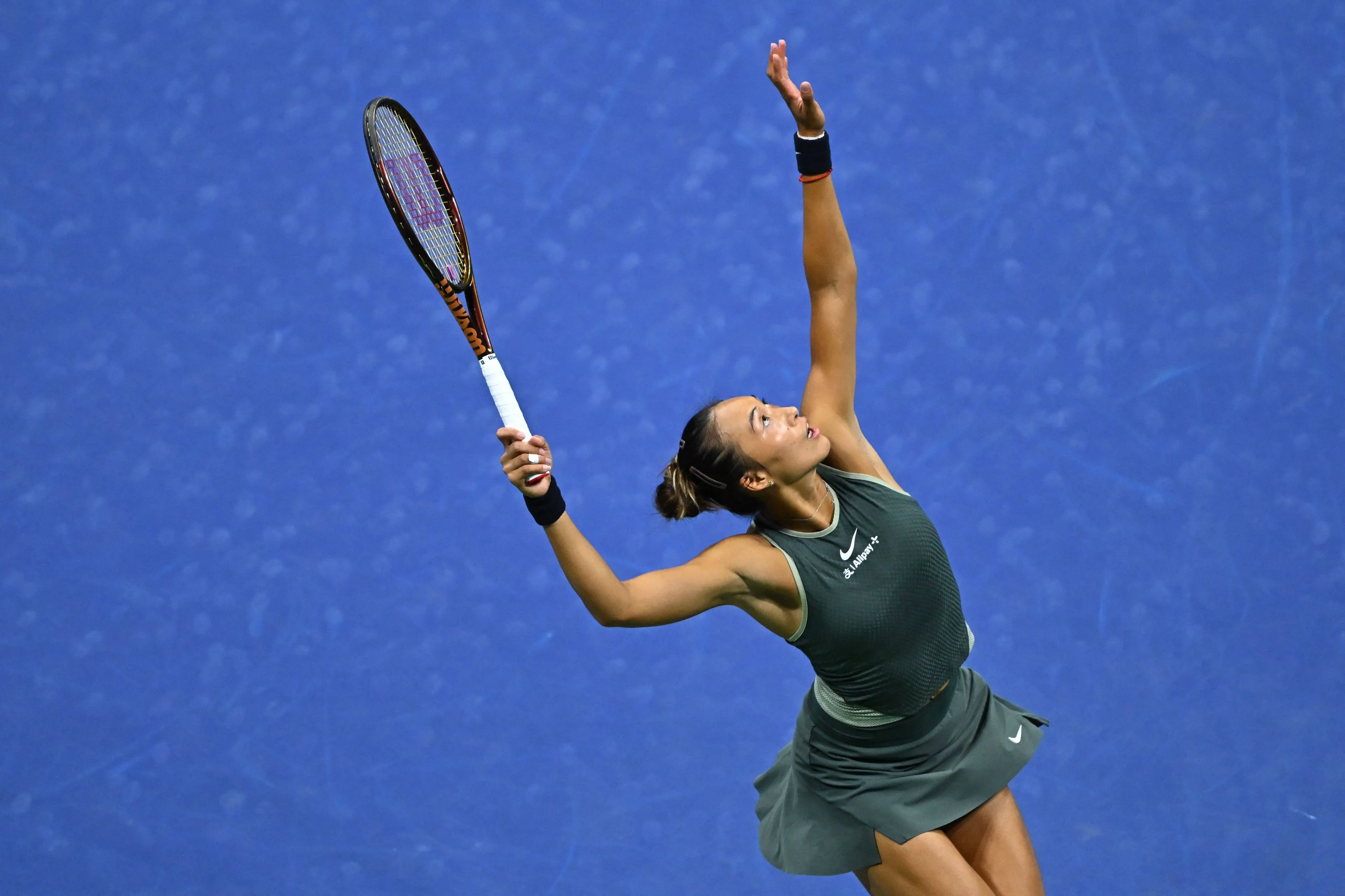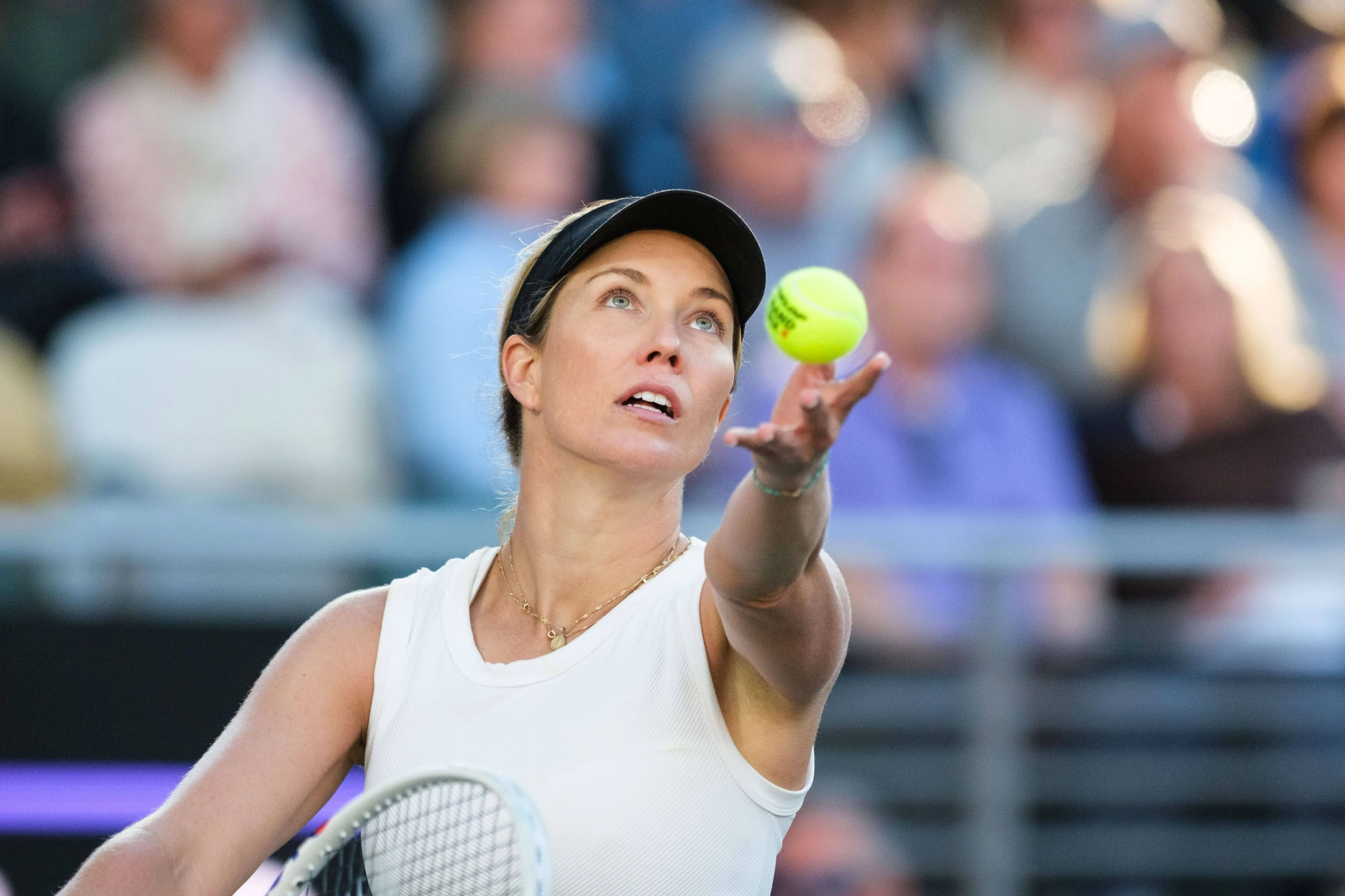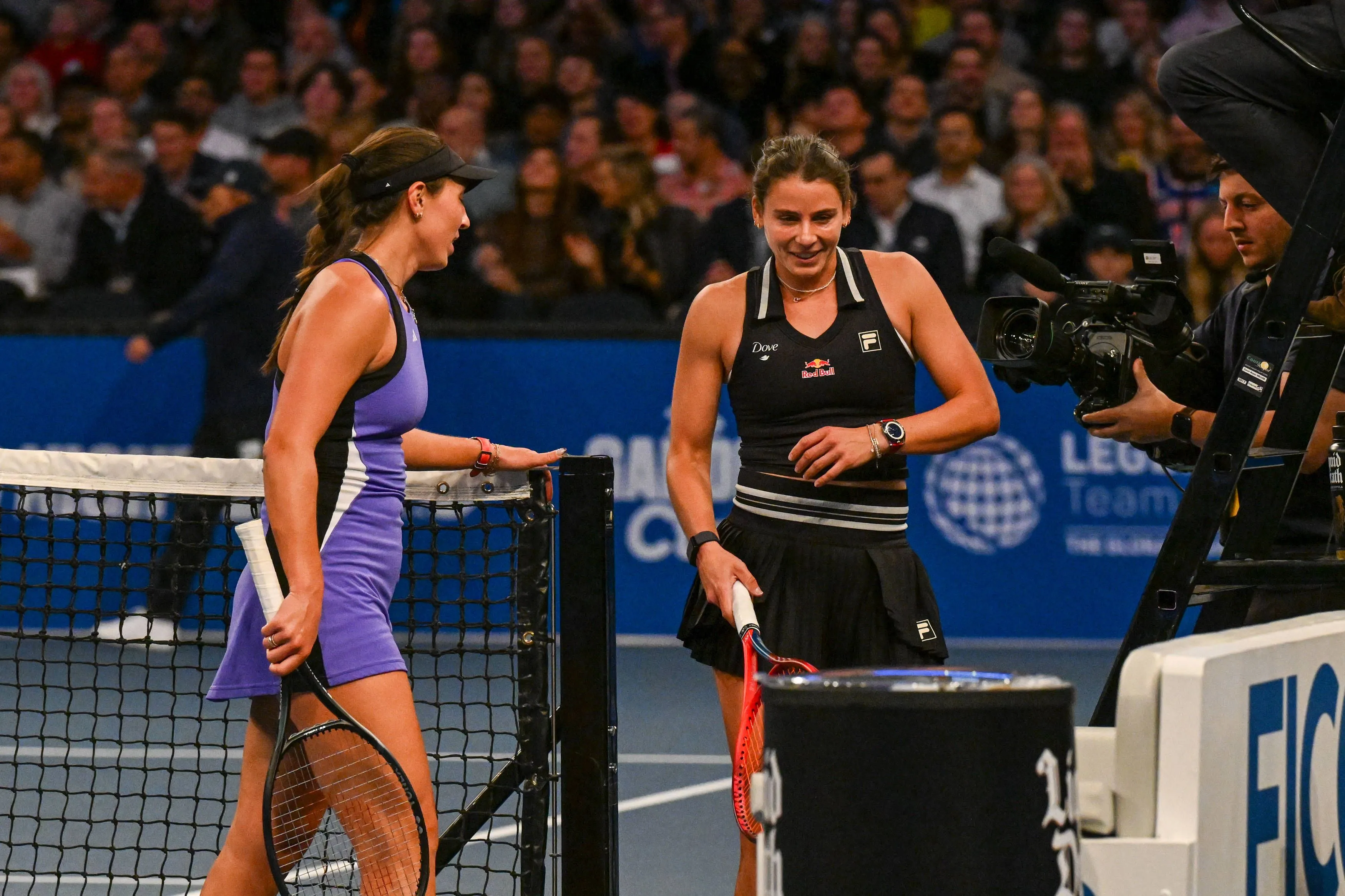“That would make him the worst dumbest doper”: Andy Roddick and Kim Clijsters on WADA's Sinner appeal
ATP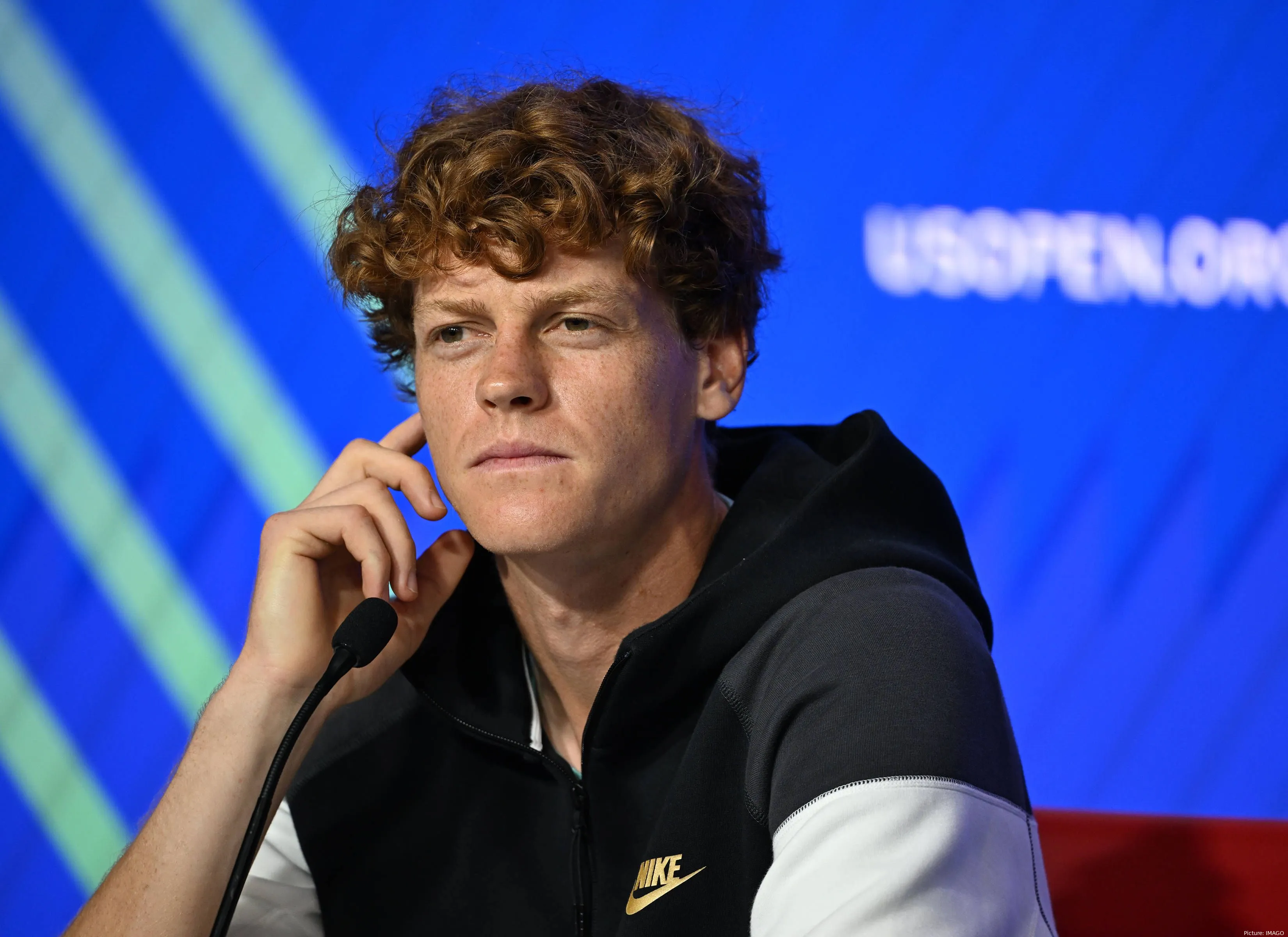
Kim Clijsters and Andy Roddick discussed WADA’s appeal against Jannik Sinner following two positive doping tests for Clostebol. The World Anti-Doping Agency confirmed on Thursday, September 25, that it will appeal to the Court of Arbitration for Sport (CAS) against the decision to leave Sinner unsanctioned.
A few weeks ago, just before the US Open, the CAS determined that Sinner was innocent due to negligence after an investigation revealed minimal contamination of his blood caused by his physiotherapist. The physiotherapist applied a cream containing the substance to his own hands and later treated Sinner without gloves, allowing small amounts of Clostebol to enter the world No. 1’s body.
WADA believes the finding of “no fault or negligence” for Sinner was not correct under the applicable rules. They are pushing for a one- to two-year suspension. Unlike other players in doping cases, Sinner was not suspended from the Tour and only lost points and prize money from Indian Wells.
As the controversy reignites weeks after the US Open, Andy Roddick and Kim Clijsters discussed WADA's appeal on the American's podcast.
"My opinion was basically, Jannik Sinner to put what is now going to be a Hall of Fame career at risk for no physical benefit,” Roddick said. “In my mind, that would have made him the worst dumbest doper that had ever lived, right? And I just don’t see a world where he would intentionally take on that amount of risk for no benefit.”
The 2003 US Open champion then asked the 4-time Grand Slam champion if she agreed with his view. Clijsters, who spoke with Sinner at Flushing Meadows, said she trusts in his innocence: “I think you summed it up very well. It’s a very tough situation to form an opinion on. I agreed; my opinion hasn’t changed since I spoke to him at the US Open,” the Belgian former world No. 1 commented.
“I think, or my feeling at the moment is that WADA needs to prove a point or make sure that in the future, this negligence issue doesn’t get used to actually do things wrong.”
Clijsters added, “I think it’s more about protecting the reputation of the anti-doping committee, and WADA needs to go further with this to ensure that negligence doesn’t become an excuse used by other players—saying, ‘Oh, I didn’t know my coach did this,’ or, ‘I didn’t know my trainer did something.’ My feeling is they almost have to pursue this to stay relevant.”
Just In
Popular News
Latest Comments
- Can anybody like Navarro? Most unlikeable player on the top-30. Come on Amanda!
 TeamHalep2404-04-2025
TeamHalep2404-04-2025 - Haha i love Dasha
 TeamHalep2403-04-2025
TeamHalep2403-04-2025 - Think it's a foregone conclusion.SakkariFan2302-04-2025
- Think the breakthrough is coming!SakkariFan2302-04-2025
- It's not fair that Del Potro hasn't won couple more Grand Slams
 TeamHalep2431-03-2025
TeamHalep2431-03-2025 - Safin broke like a thousand racquets and retired before he was 30, he can teach Rublev a few things haha.
 TeamHalep2430-03-2025
TeamHalep2430-03-2025 - if Eala improves the power of her shots, she can dream about big titles
 TeamHalep2430-03-2025
TeamHalep2430-03-2025 - Consistent with what she have expressed before Would be nice to see more players with the guts to give their real opinions and not just be politically correct
 TeamHalep2430-03-2025
TeamHalep2430-03-2025 - Why Miami has no roof? One of the tournaments with the most money, by now all Masters tournaments should require a roof on the main stadium
 TeamHalep2430-03-2025
TeamHalep2430-03-2025 - Nole is the GOAT
 TeamHalep2430-03-2025
TeamHalep2430-03-2025

